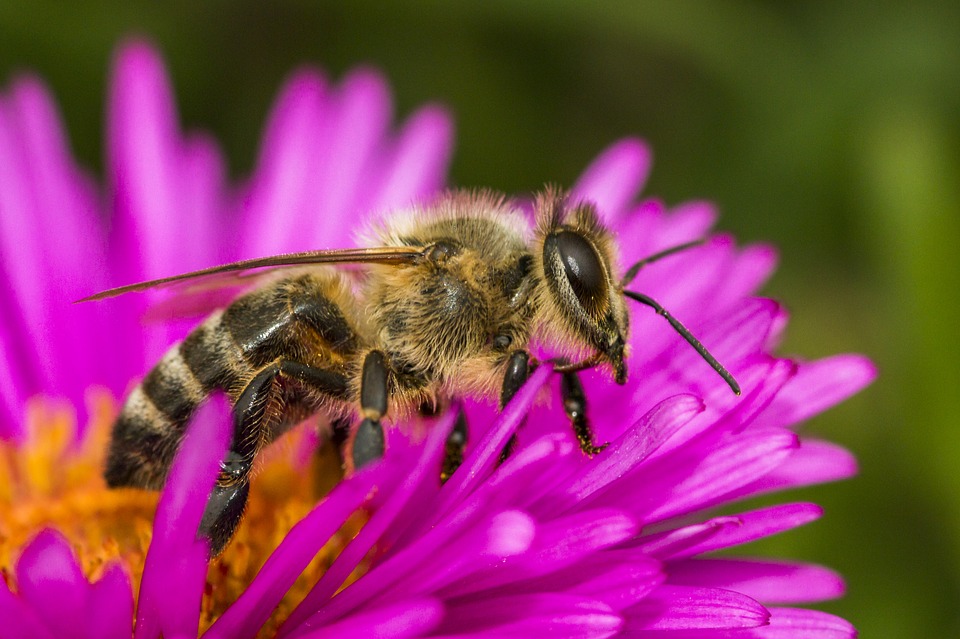Throughout much of the world, bee populations have been declining, threatening food supplies that rely on pollinators to reproduce. Their deaths have been tied to insecticides, climate change, and killer mites. What is the latest research on the global health of bees, and what are ways to prevent further collapses? Maria Armoudian discusses what the future holds for bees with Jeremy Kerr, Peter Dearden, and Paulo de Souza.
Jeremy Kerr is a Professor of Biology at the University of Ottowa, specializing in conservation biology and biodiversity.
Peter Dearden is a Professor of Genetics and a researcher in the Laboratory for Evolution and Development at Otago University where he specializes in evolution, development, and epigenetics.
Paulo de Souza is a Professor and team leader at the Commonwealth Scientific and Industrial Research Organization in Australia and the Global Initiative for Honey Bee Health.
Podcast:
This interview originally aired on the Scholars’ Circle. To access our archive of episodes and download this interview, click here.
For more of our audio and visual content, check out our YouTube channel, or head to the University of Auckland’s manuscripts and archives collection.
Disclaimer: The ideas expressed in this podcast reflect the views of the guests and not necessarily the views of The Big Q.
You might also like:
Q+A: Back from the Dead? The Science and Ethics of Bringing Species Back from Extinction
What Are Tipping Points and What Do They Mean for our Ecosystems? 🔊

